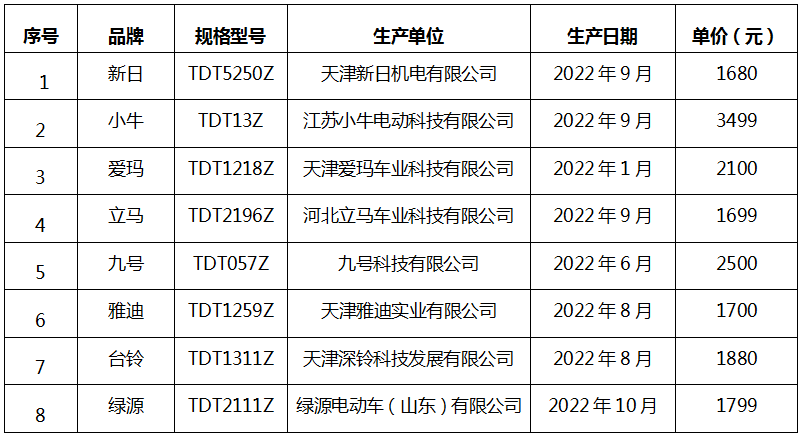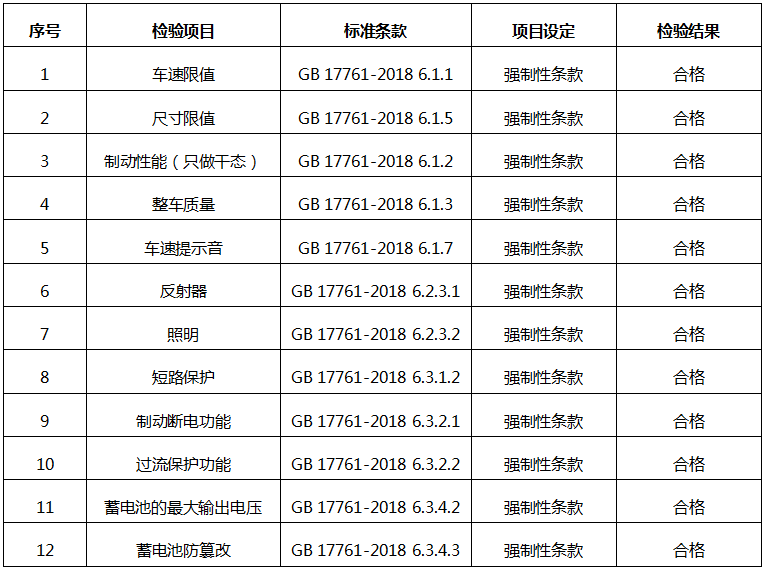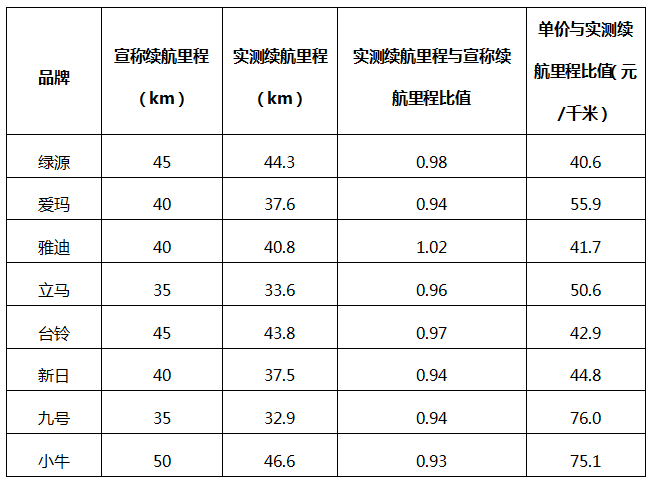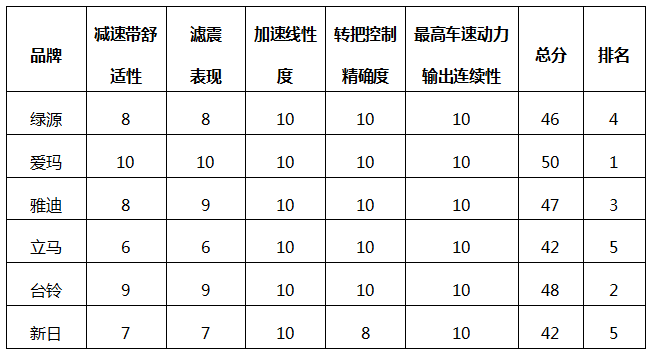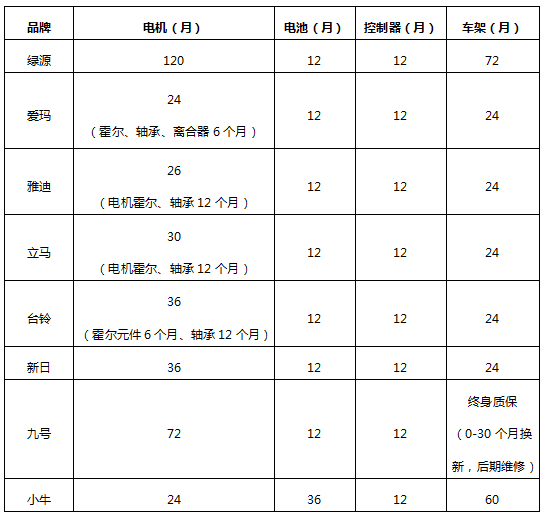● In recent years, various cases of abandoning pet dogs have caused a sharp increase in the number of stray dogs, and more and more "second generation" and "third generation" have been bred.
● There are various reasons for abandoning pets. The primary reason is the economic situation. In addition, when the owner encounters unexpected situations such as getting married, having children and going abroad, he often "abandons it".
● To reduce the number of stray pets, we should not only care about the end rescue, but also pay attention to the source control, and the most important thing to put an end to pet abandonment is the supervision of uncivilized dog-raising behavior.
□ Rule of Law Daily reporter Zhao Li
□ rule of law daily intern Wan Peng
On November 1, some media learned from the doctors who participated in the treatment consultation in Huaxi Hospital that the right kidney of the girl bitten by a fierce dog had been saved and her condition was stable.
However, the social hot discussion caused by fierce dogs biting girls has not subsided, and a voice intended to "eliminate" stray pets has begun to attract social attention. Some people believe that stray pets have major hidden dangers and are one of the root causes of frequent incidents of cat and dog injuries.
In this regard, the interviewed experts pointed out that the main sources of stray pets are abandoned, lost, and breeding. Taking in or even killing stray pets is not the key to solving the problem. It is more important to solve the problem of the source of stray pets. It is precisely because China’s laws do not explicitly prohibit and punish the abandonment of pets, and the law enforcement of dog management is not in place, and the breeding of stray pets is unattended, which leads to stray pets being out of control and disorder.
The industry insiders believe that the management of pet abandonment has become a "new examination question" that cities must face. Abandoning pets is not only immoral, but also may spread diseases, disturb the people and pollute the environment. From the perspective of good law and good governance, it is still necessary for cities to enact relevant legislation to prohibit and punish pet abandonment according to law, and at the same time give play to the role of social autonomous organizations to solve the problem of stray pets from the source.
Abandoning pets often happens.
Become a hidden danger of social risks
Wang Mei (pseudonym) is a shop assistant in a clothing store in Xi ‘an, Shaanxi. A few years ago, she had a bichon dog, which brought her a lot of joy. However, since 2021, the business of her clothing store has become more and more difficult, and her salary has dropped again and again. Later, she felt that she could hardly keep a dog, let alone a dog.
What makes her even more stretched is seeing a dog. On one occasion, the dog had loose bowels, and it cost five or six hundred yuan to go to the pet hospital. "I really don’t have that much money to see him."
In desperation, Wang Mei began to find an adopter for Bixiong, but he couldn’t find a suitable one after searching. Finally, she abandoned the dog outside a local stray pet rescue station.
There are not a few owners who abandon their pets like Wang Mei.
Zhang Nan (a pseudonym) is the head of Shaanxi Yan ‘an Stray Animal Rescue Public Welfare Association. "In recent years, we have encountered all kinds of abandoned pet dogs, some abandoned disabled dogs, some abandoned injured dogs, and some abandoned sick dogs. These stray dogs breed ‘ Liuer generation ’ ‘ Three generations ’ More and more. "
Li Qian (not his real name), the director of Thirteen Sunshine Stray Animals Resettlement Center in Beijing, is also facing a similar experience. She said: "A stranger called me directly and told me that the dog at home could not be kept. If we don’t accept it here, he will directly euthanize or throw it away."
There are many such "threatening" calls.
"Sometimes, when we call back, the owner of the dog said that he had left the abandoned place. We had to go to the scene to find it. Some dogs could get it back, some dogs disappeared, and some dogs were dead when they were found." Li Qian said.
"I didn’t have the ability to keep a good pet, and finally I left it to us to clean up the mess." Zhang Nan said.
Abandoning pets is a disaster for pets; In terms of society, it is a hidden risk.
Du Fan, president of Wuhan Small Animal Protection Association, Hubei Province, said that most stray pets, especially abandoned pets, could not survive. For the whole society, abandoning pets has virtually become a risk and hidden danger. For example, stray dogs are easy to bite and may even spread some diseases.
According to public information, in recent years, stray cats and dogs have frequently injured people in many places. According to the staff of some stray dog rescue agencies, many of the stray dogs they found were large dogs or even fierce dogs.
In Du Fan’s view, the evil consequences of abandoning pets are passed on to the society, which is the bottom of the abandonment behavior, which also brings many problems to urban management.
Qian Yefang, a professor at Zhongnan University of Economics and Law, believes that abandonment, loss and reproduction are the three major sources of stray pets.
There are various reasons for abandonment.
The capacity of the shelter is limited.
According to the White Paper on Pet Industry in China in 2021, there are 40 million stray dogs in China.
Why are so many pets abandoned?
The reporter interviewed many pet owners and found that there are various reasons, some are limited in economic ability, some feel that pets are not worried, and some are opposed by family members.
A staff member of the health care department of a hospital in Beijing analyzed that there are various reasons for abandoning pets, and the primary reason is the economic situation. Keeping a pet not only takes time, but also requires a lot of economic investment. There are many people who abandon it if they can’t afford it.
In the view of this staff member, many people don’t know enough about keeping pets: some people are inexperienced, and the concept of keeping pets still stays at the stage of just letting pets have enough to eat, but after keeping them, it is discovered that dogs will "tear down their homes", which is not reassuring. In addition, there is a major turning point in the owner’s home, such as moving, family illness, giving birth to children, etc., which is also a reason that affects whether the pet is abandoned.
Ma Kai (pseudonym), who spontaneously formed the "Wuhan Stray Animal Adoption" group, said that some people would abandon their pets for fear that cats and dogs would spread diseases or hurt their children after giving birth.
Zhang Nan said helplessly that many people have no sense of responsibility in keeping pets, lack scientific knowledge and long-term planning, and often "abandon it" when encountering unexpected situations.
The reporter’s investigation found that the mixed pet breeding market has also become one of the sources of pet abandonment. Some insiders told reporters that some breeders only leave high-priced varieties when breeding pets, and throw ordinary varieties or sick pets "one nest at a time".
In the face of a large number of stray pets, stray pet shelters are helpless.
Ping An Afu Association is a stray animal rescue center located in Nanjing, Jiangsu. Changing food and water, cleaning excrement and urine on the ground, changing urine pads, dealing with the sick and wounded, arranging rescue, and constantly answering consultation calls and calls for help are things that Ping An Afu Association has to deal with every day.
"These things are not complicated, but they are very complicated. Volunteers are very busy every day, and there are countless stray dogs that need help." The staff of Ping An Afu Association told the reporter.
The staff of Ping An Afu Association also talked about the problems faced by the organization at present, that is, volunteers on duty are all working for free, and they have to face the pain and death of various rescued animals and bear great pressure, and they have to face the material difficulties of the association from time to time.
Yan’ an stray animal rescue public welfare association is also experiencing the same dilemma.
"The economy is under great pressure. We posted a fundraising channel on social platforms before, but the relevant departments said that the fundraising channel was illegal. If we can’t continue to rescue, all stray dogs can only be stocked or euthanized. " Zhang Nan said.
Li Qian told reporters that from picking up a stray dog to sending it to the resettlement center, it needs to go through many procedures such as hospital isolation, inspection, sterilization and immunization, and it costs about 3,000 yuan. In addition, a series of expenses such as dog food, rent, water and electricity are very stressful. "At present, we are already operating in debt."
There are also animal rescue stations and shelters trying to find new homes for abandoned pets, but "second abandonment" or even "multiple abandonment" sometimes occurs.
A puppy that Du Fan once rescued was adopted three times and returned three times. For the first time, the adopter couldn’t accept it and returned it at home. The second time and the third time, it was the adopter’s family who thought that having an extra animal brought a lot of trouble to family life.
Abandonment is hard to be blamed.
Local legislation is not effective.
In the view of many people who rescue stray pets, the key to reducing the number of stray pets is to reduce pet abandonment, and raising the abandonment cost of pet owners is a solution.
It is worth noting that there are many laws in China prohibiting the abandonment of pets.
In 2020, Shanghai handled the first case of abandoned pet dogs, fined the abandoned breeder 500 yuan and revoked the dog license.
The Regulations on Animal Epidemic Prevention in Hubei Province clearly mentions: "If a dog is abandoned, the dog registration authority will take the dog in and impose a fine of more than 1,000 yuan and less than 5,000 yuan".
The Regulations on Animal Epidemic Prevention in Fujian Province stipulates that units and individuals who abandon dogs at will and cause the spread of animal diseases shall be fined between 2,000 yuan and 10,000 yuan by the competent animal epidemic prevention department of the local people’s government at or above the county level.
"It is undoubtedly an improvement that it is clearly stipulated in local laws and regulations that it is forbidden to abandon pets. However, the current problem is that abandonment is difficult to track, and if the intensity of administrative punishment is too light, it may not be enough to put an end to these behaviors. " Guo Peng, director of the Animal Protection Research Center of Shandong University, said.
Qian Yefang believes that the above-mentioned local laws and regulations are of greater advocacy and propaganda significance, but it is difficult to effectively put an end to pet abandonment, because it is difficult to really implement punishment.
Stray pets belong to wandering creatures, and it is difficult to find a specific responsible subject to pursue responsibility after they cause damage to others.
"More and more local dog management regulations prohibit the abuse and abandonment of dogs, but few of them can be implemented." Qian Yefang said.
In her view, at present, the legislation on pet abandonment is still not perfect, and the strength of various law enforcement departments is relatively weak. "Law enforcement officers of individual law enforcement departments basically passively enforce the law, and they will deal with and punish after receiving complaints."
In Du Fan’s view, the work of managing stray pets requires multi-department normalized joint law enforcement, and sports management cannot be carried out, especially after a vicious incident. Because the uncertainty of the subject of law enforcement also leads to different ways after the problem occurs, a department can’t solve this problem alone.
"The most fundamental reason why a pet dog is abandoned is its owner. In fact, this is equivalent to a ‘ Educator ’ The process. You can try to do the work first. From the beginning of keeping and selling pets, there are special departments involved. For example, the market supervision department stipulates that unqualified people can’t buy and sell alive, but also supervise whether to sell, how much to sell, and who to sell. " Du Fan said that at the same time, it is necessary to supervise the relevant vaccines, and the law stipulates that dogs must be injected with the corresponding vaccines.
Up to now, there is no legal provision specifically for the welfare of stray pets or animals in China, and there is no law explicitly prohibiting and punishing the abandonment of pets. In addition, the law enforcement of dog management is not in place, and stray pets are left unattended, which leads to stray pets being out of control and out of order. In this regard, Qian Yefang suggested that a law should be enacted at the national level, and the punishment means should include administrative detention, fines and even criminal punishment, and consider the establishment of the crime of animal abandonment.
Du Fan suggested that special animal protection laws should be introduced at the national level for top-level design, and the competent departments and relevant management departments should be determined according to law to solve the problem of "single-handedly fighting" when departments and localities manage stray pets.
Abandon single-end rescue
Source control and strengthening supervision
During the interview, some insiders asked whether we could try to solve the problem of pet abandonment by scientific and technological means. For example, it is stipulated in other countries that practitioners engaged in breeding or selling pets must implant chips into pet cats and dogs, and pet owners must register their names, addresses, telephone numbers and other information within 30 days after purchasing cats and dogs. People who have kept pets or animal protection groups also have the obligation to implant chips into cats and dogs.
In Zhang Nan’s view, it should be the obligation of breeders to "register" their pets and implant chips. "Even the behavior of abandoning pets can be included in the scope of credit reporting, raising the threshold and cost of raising dogs."
In this regard, Guo Lin (pseudonym), a practitioner in the animal electronic chip industry, told reporters that China began to introduce animal electronic chips in 2012. At present, the technology of implanting chips into animals has matured, and not only pets, but also animal husbandry and aquaculture are applying chips to animals, and combining with handheld readers and system software in the Internet of Things industry, we can trace the individual information of each animal. For example, a dog dealer pulls a car full of dogs, and some dogs are stolen. If a chip is implanted in the dog, it can be known by sweeping it with a machine.
"According to the relevant regulations, in principle, all dogs need to be implanted with chips for management, but at present, there are a large number of urban pet dogs without chips. In addition, there is no uniform number for chips in cities and even provinces, which affects the interconnection of such information in various places. " Guo Peng said.
Qian Yefang believes that it is not enough to implant chips into pets without implementation and supervision. "In some places, dog chips will be fully implemented from 2020, but the phenomenon of uncivilized dog raising and pet abandonment is still serious, so the key problem is still implementation."
"After finding the abandoned person through the chip, the owner may abandon his pet for the second time. Even if he knows where the chip is, it may be removed directly, which will cause more harm to the pet." Qian Yefang called on the vast number of animal protection volunteers to transform as soon as possible. They should not only care about terminal rescue, but should pay attention to source control. The most important thing to put an end to pet abandonment is to supervise uncivilized dog-raising behavior. We must give full play to the strength of owners in various communities, raise their awareness of being kind to animals, start from their own communities, manage pets in their own communities first, and spare no effort to help other communities to jointly promote civilized pet-raising.
"Uncivilized dog raising, including abandonment, can only be solved in the community by means of grassroots autonomy and supervision between owners. Management can’t start until there are problems. We must start from the basic work of grassroots communities." Qian Yefang promoted a "Haitian Model" in Haitian Community of Baiyang Street, Qiantang District, Hangzhou City, Zhejiang Province, that is, by cultivating and supporting community social organizations and formulating community conventions, he explored the road of building ecological civilization and animal civilization from bottom to top.
"It is an effective solution to give full play to the autonomy advantages of self-management, self-education, self-service and self-supervision of grassroots people, and mutual supervision between neighbors. Relevant government departments should encourage owners to participate in community autonomy spontaneously." Qian Yefang introduced that first of all, there must be a written agreement. For example, a community convention is equivalent to a moral constraint, and it is clearly agreed not to abandon or abuse pets. The next step is how to implement it. Now they are going door-to-door to register the situation of keeping pets, which is used to establish community animal files and comprehensively grasp the information of owners and animals. Later, if a pet is abandoned, it is possible to quickly query the owner information according to the files.
In order to encourage people to actively register pet information, Haitian Community has made a small program called "stray cat archives", and also provided a series of intimate services for registered owners, including finding lost pets, temporary care for pets, medical benefits and group purchase of pet food.
